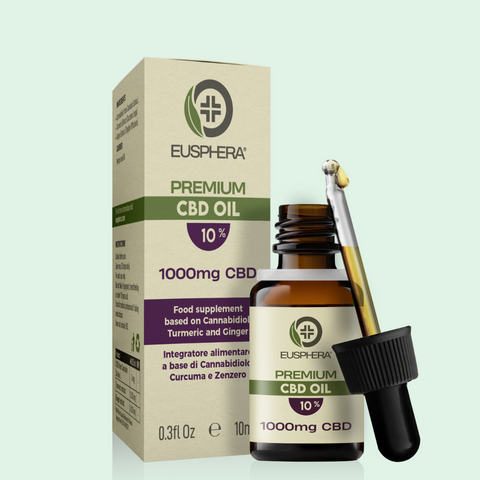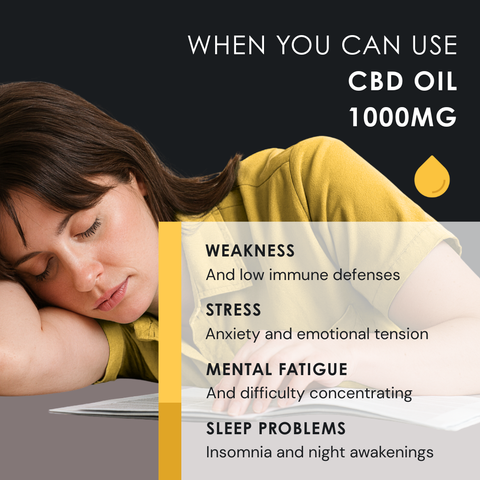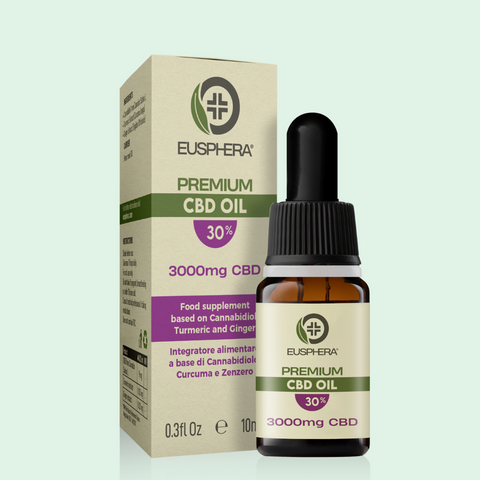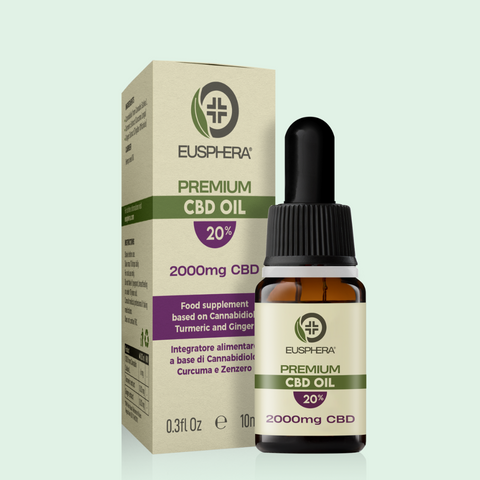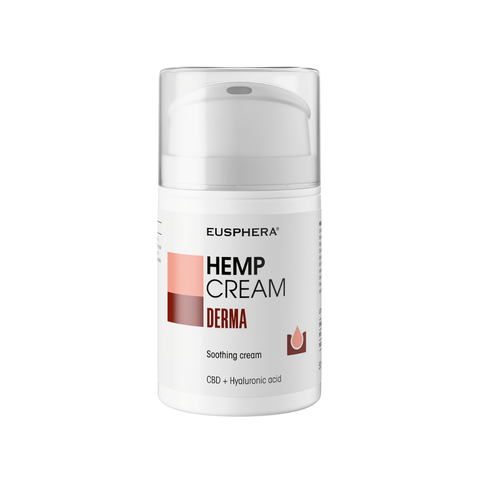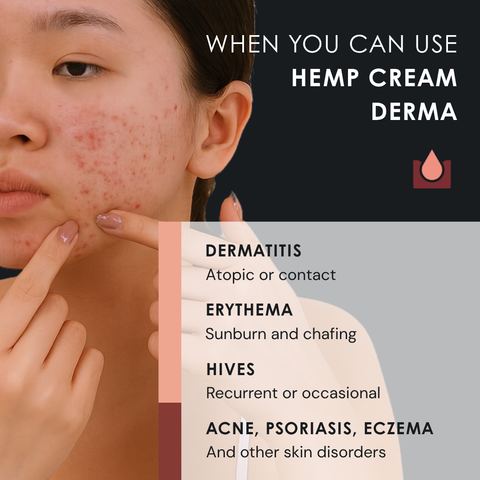Among the many compounds found in the cannabis plant, CBD is certainly one of the most well-known. However, CBDA is increasingly making headlines as well. But what do these two terms mean? And more importantly, what are the differences between CBD and CBDA?
CBD, or cannabidiol, has been the subject of numerous scientific studies in recent years due to its potential health benefits and therapeutic use. CBDA, on the other hand, is the acidic and natural precursor of CBD, less known but currently attracting growing interest from the scientific community.
Some preliminary research suggests that CBDA may also offer interesting effects and open new perspectives in the field of natural wellness. In this article, we’ll explore the characteristics of both compounds to better understand their similarities, differences, and potential applications.
What is CBD?
CBD (or cannabidiol) is one of the main non-psychoactive compounds found in the cannabis plant. Unlike THC, CBD does not alter mental state, instead, it promotes a sense of calm and general well-being, making it useful in situations of stress or tension.
In recent years, it has gained the attention of the scientific community for its potential beneficial effects—anti-inflammatory, anxiolytic, and relaxing properties. CBD interacts with the endocannabinoid system, a network of receptors in our body that helps regulate vital functions like sleep, mood, pain, and immune response.
What is CBDA?
CBDA (or cannabidiolic acid) is the natural precursor of CBD and one of the most abundant compounds in raw cannabis plants.
It is a non-psychoactive molecule, mainly found in fresh flowers, which transforms into CBD through a process called decarboxylation—that is, the loss of a carboxyl group when exposed to heat or over time as the plant ages. This is why CBDA is primarily found in raw extracts, such as juices or unheated oils.
In recent years, CBDA has garnered increasing interest in scientific research due to its potential to support overall well-being. Preliminary studies suggest it may have anti-inflammatory, anti-nausea, and anxiolytic properties, similar to those of CBD.
The Differences Between CBD and CBDA
CBD and CBDA are two closely related cannabinoids and share many properties, especially in terms of promoting wellness and supporting health naturally.
However, they also present some differences, related both to their chemical structure and their effects on the body, as well as their potential therapeutic applications. Let’s take a look at the main differences.
Chemical Structure Differences Between CBD and CBDA
The main difference between CBD and CBDA lies in their molecular structure.
CBDA is the raw, acidic form of CBD and is found in fresh cannabis plants. Chemically, CBDA has a carboxyl group attached to its molecular chain, which CBD lacks. When CBDA is heated or naturally ages, this group detaches through decarboxylation, turning it into CBD.
Health Effects and Benefits of CBD and CBDA
CBD and CBDA share many potentially beneficial properties. Both exhibit anti-inflammatory, analgesic, and anxiolytic effects and appear to help manage stress without causing mental alterations.
Some research[1], however, suggests that CBDA may have higher bioavailability, meaning the body might absorb it more easily than CBD.
Therapeutic Applications
From a therapeutic perspective, CBDA is of interest for its potential antiemetic effect (reducing nausea), which could be especially helpful for patients undergoing chemotherapy. However, these are still experimental results and cannot yet be considered conclusive.
In contrast, CBD has already been extensively studied and is used in various clinical contexts, though both compounds show promising potential for future therapeutic development.
CBD or CBDA: Which to Choose?
Determining whether CBD or CBDA is better isn’t easy, especially since both offer unique benefits and act differently in the body.
Rather than choosing one over the other, many studies suggest that these two cannabinoids may work synergistically[2], enhancing each other’s effects.
It’s clear that CBD is already widely used in both therapeutic and everyday contexts, such as in CBD oil, while CBDA represents a still-developing frontier but with great potential.
The choice ultimately depends on personal needs, the type of product, and the desired effect. In any case, it’s essential to rely on high-quality and certified extracts. With greater awareness and attention to individual needs, these compounds can be safely integrated into wellness routines, harnessing the benefits that nature provides.
[1] CBDA vs. CBD: What to know - A. Nguyen, 2024 (https://www.medicalnewstoday.com/articles/cbda)
[2] Synergistic and antagonistic antioxidant effects in the binary cannabinoids mixtures - Dawidowicz, Olszowy-Tomczyk, Typek, 2021 (https://www.sciencedirect.com/science/article/abs/pii/S0367326X21001672)
